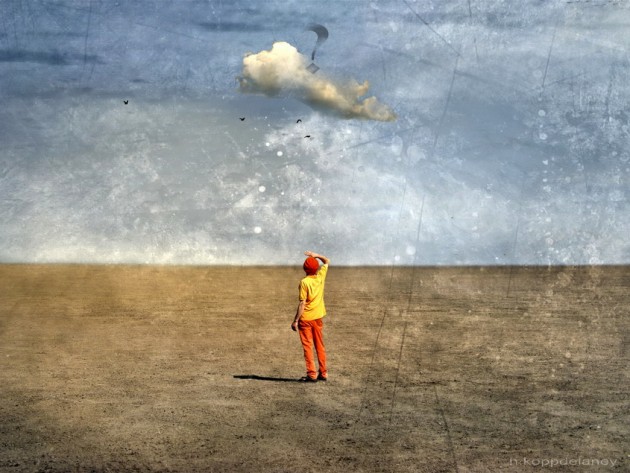The Lilith Blog 1 of 2
July 17, 2013 by Chanel Dubofsky
On Not Knowing
Information about my mother can be divided into three categories: things I know, things I don’t know, and things I have been told. Here’s a clue about where this piece might be going: the “things I know” are few.
Here’s what I do know: My mother was born in Los Angeles. When she was 15, she had thyroid cancer. Her thyroid was removed. She took synthetic thyroid for the rest of her life. I remember seeing that pill bottle every day. She graduated high school in 1963. (I have her graduation picture.) I was born when she was 33. When she was 40, she was diagnosed with breast cancer. My parents divorced when I was 7.
My mother died when she was 53 and I was 19. Her death was long in coming. It had been a steady march to the end since my senior year of high school when her breast cancer, which she’d had in various spates since I was very small, metastasized.
I have few memories of my mother that are not somehow tinged with guilt, or fear, or resentment, the result of years of acting like her parent, performing emotional caretaking, and trying (and failing) to be just a normal kid. My grandmother, who lived with my mother and me, stepped back while I accompanied my mother to doctor’s appointments.
Around the time that my mother died, I started to notice a change in the way my peers were relating to their parents. They were excited when parents came up to camp on weekends. They were learning things about each other—romantic disasters, pre kid shenanigans. Parents were becoming people, fleshed-out humans with personalities.If my mother had not been sick, if her paranoia and worry had not been omnipresent, if she had not died when she did, it’s possible that I would have been one of the people in my college dorm eagerly awaiting (or at least not dreading) a parent’s visit. But it was different for me. I went to college with the hope of being left alone, with room to breathe, at last.
But I wouldn’t really have room to breathe until my grandmother died, when I was 25. After my mother’s death, she hurtled downward, physically and psychologically, with the force of a meteor. Our once close and supportive relationship deteriorated. We stopped being able to relate to one another in a meaningful way, she was upset about having to move into a nursing home and losing her mobility. She became obsessed with the whereabouts of her antiques, which she had been collecting her entire life, and which I was then keeping in a storage locker I could not afford.
With my grandmother’s decline went the answers to any questions I might have had about my mother. (My mother’s siblings lived far away and our relationship was tumultuous at best.) How had my parents met? Why did my mother never go to college? (She had been accepted to Johns Hopkins, according to my grandmother.) What had happened to her between graduating high school and meeting and marrying my father? How did she figure out what kind of Jew she wanted to be? Who was she in addition to being a person with cancer, someone scared and stubborn and lonely, proud of me for being independent and outspoken, but who desperately wanted me to be safe and normal?
What happens when people die, or at least, a thing that happened to me when my mother died, is that other people, my grandmother in this case, neuter who the dead person really was. According to my grandmother, the things that made my mother difficult and often unlovable had never happened. She had never screamed, or thrown things, or blamed her illness, fear and emotional instability on us. We had imagined all of it. In order to keep loving her, it must have never happened.
Was anything I had been told about my mother really true?
Often, I find myself happily not knowing. I’ve had enough upheaval.
But sometimes it seems very, very important for me to know and understand, so I can contextualize my mother outside of my own experience. I’m an adult now. Maybe that means there are some emails I should send, some questions I should ask my aunts or uncles or distant cousins. Maybe (okay, definitely) this is more than one blog post.
Chanel Dubofsky writes things in Brooklyn.
Image from h.koppdelaney via photopin cc
 Please wait...
Please wait...
